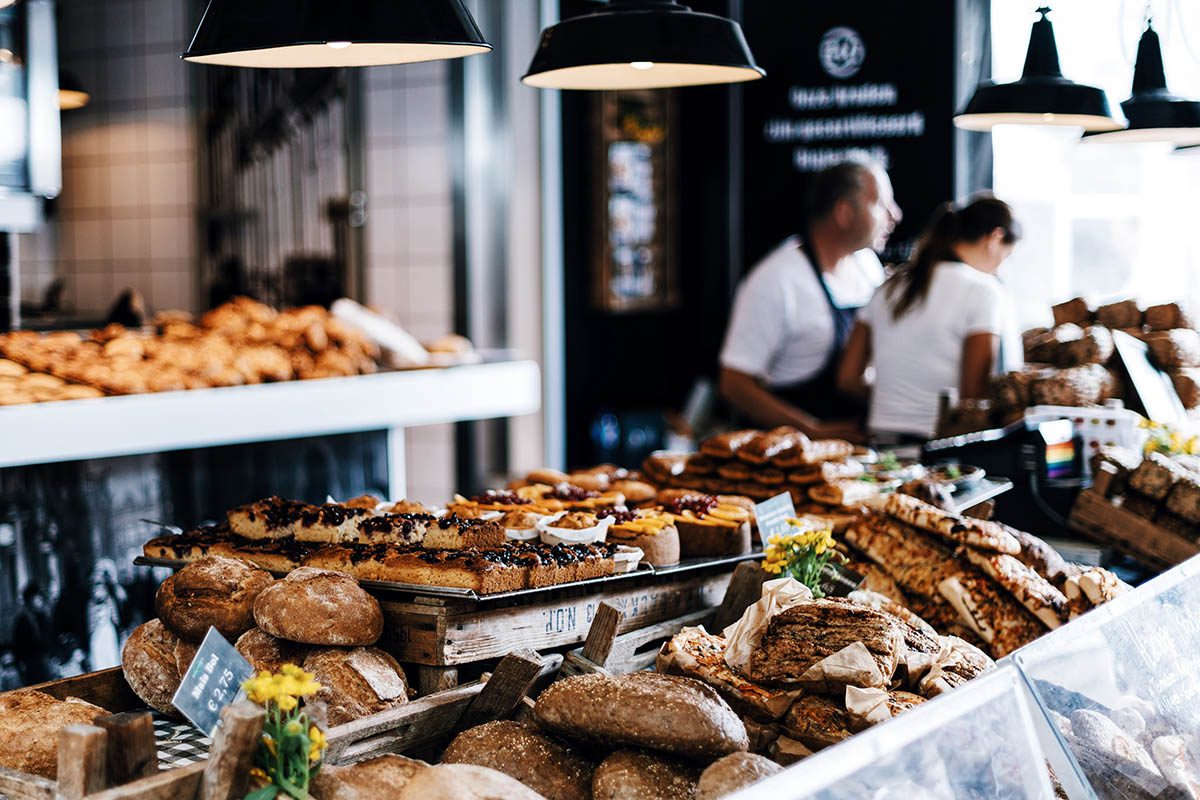
Food businesses are admittedly difficult to manage. A huge bulk of that is owing to the fact that there are perishable goods that need to be paid attention to. There’s also the factor that you can never really gage the daily demand. Plus, it’s very time-consuming and tedious to prepare the goods and ensure that they’re all ready by the time the establishment opens.
Bakeries face the same struggle. Profitability is put in the hands of matters that can sometimes be beyond their control, such as availability of supply, consumer demand, etc. In this setting, it becomes all the more important to streamline operations in order to function better as well as to reduce costs. Here are some tips.
Manage inventory wisely
Inventory is a challenging feat for bakers, considering that a lot of the ingredients they need are perishable. If they’re not used for a certain period of time, they rot or depreciate in quality. And as bakers, of course, they want to serve perfection to their customers.
It may be difficult, but managing inventories wisely is not impossible. The key is to have the right amount of stock that’s enough to sustain operations and meet the demand for a certain period of time. There should also be a set schedule for delivery just before stocks run out. Doing this will make it efficient and seamless to manage the supplies in the bakery. These establishments must have solid and good communication with their suppliers to make the process easier on both ends.
Be smart about leftovers
As we mentioned, bakeries often do not have a grasp of the right balance between supply and demand. That’s because consumer demand fluctuates on a daily basis. On some days, croissants might be best-selling, but not in other days. The end result is having to throw away leftovers because they wouldn’t be as good in quality the next day.
But something that many bakers find effective is being smart about the leftovers. For example, some would offer a discount for the last few hours just before they close in order to profit, and at the same time reduce waste and leftovers.
Reduce energy costs
Bakeries have a lot of equipment in their establishments. Hence, the possibility that they have excessive utility bills. But there has been more recognition in sustainability in bakeries and more are beginning to conduct efforts to reduce their carbon footprint.
The key is determining exactly which equipment is essential and replacing those that aren’t. It’s also a good idea to replace existing machines and mechanisms with more efficient ones like industrial mixers or high-end ovens to help with production while saving energy.
Communicate well with suppliers and distributors
Bakeries usually don’t function alone. They have several other establishments and people who they rely on for their operations, such as suppliers and distributors. A huge bulk of time, energy, and resources go into coordinating with these key personnel.
A way to streamline operations and save crucial time and resources is to communicate effectively with suppliers and distributors. Laying down everything you need and setting schedules, dates, prices, etc. would help make the coordination much easier for both ends. Good communication practices can flatten out several curves in the process, making operations much more efficient and productive.
Managing a bakery is not easy, but it also isn’t impossible. Take these tips to help streamline your operations and reduce your business expenses.